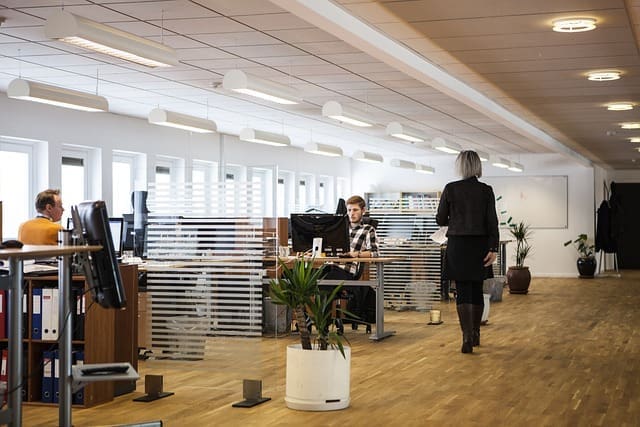The effects of the Covid-19 pandemic are still with us. Economies have suffered, and closer to home, businesses have struggled for survival. “Future-proofing” businesses have become a priority for enterprises who now realize that the only certain thing about the future is its uncertainty. Will your business survive the unthinkable? There are certainly ways to improve its chances of doing so!
1. Work Towards Robust IT Systems
From IT ticketing systems that keep the wheels turning when issues arise to cybersecurity, protecting software and online assets is vital to the survival of a business. And, with the possibility of a need to work remotely now reinforced in our minds, these systems need to work well regardless of the devices used or the locations from which they are used. Whether your business is large or small, its IT systems are becoming increasingly vital to normal operations. Keeping them functional and maintaining their integrity is a priority in future-proofing your business.
2. Implement Succession Planning
No business should be reliant on specific individuals to keep functioning. Whether it’s the CEO or that key staff member you “can’t do without,” making sure that the business can continue without them could be vital for its survival. This isn’t a new problem; most people will be able to think of examples of businesses that went under because they didn’t pay attention to succession planning.
3. Develop Your Ability to Serve Customers Remotely
While many businesses these days only serve their customers remotely, enterprises still rely on contact. Depending on your business’s nature, finding ways to serve customers and generate revenue without needing personal contact may require creative thinking and possibly even a degree of diversification. While we may hope that we’re never going to live through anything like the challenges of the pandemic, “hope” is not a good quality on which to base the future of your business.
4. Practice Sustainability
In a world with an ever-growing population and limited resources, future-proofing our businesses means thinking about how sustainable they are. Rising resource costs and scarcity are bound to impact businesses sooner or later, so working sustainably is no longer just something that’s “nice.” Sheer pragmatism should lead businesses to seek sustainable solutions since failing to do so will have a negative impact on profits and even the future survival of the business.
5. Have an Emergency Fund
As individuals, we know that providing for an uncertain future means having access to an emergency fund. There’s no reason why our businesses should be any different. From natural disasters to economic ones, having access to funds to bolster your cash flow at short notice can make all the difference to a business’s survival. The smaller your business is, the more vulnerable it will be in times of economic stress, and the more important it becomes to have an emergency fund to fall back on.
When All Else Fails: An Exit Strategy
When planning for the unknown and unforeseeable, we won’t always be able to spot potential threats. Continuing to run a business against all odds can aggravate the consequences of a disaster. So, much as you don’t want to be a “quitter,” knowing under what circumstances you’d close your doors and how you’d go about this process should form part of your planning.
In times of crisis, making these judgment calls can be extremely difficult, so use a time when things are going well to strategize for worst-case scenarios. With luck and forethought, you may never have to use this plan, but having it will help you to know when you’re fighting a losing battle and enable you to make a graceful exit.
Featured Image by louisehoffmann83 from Pixabay




